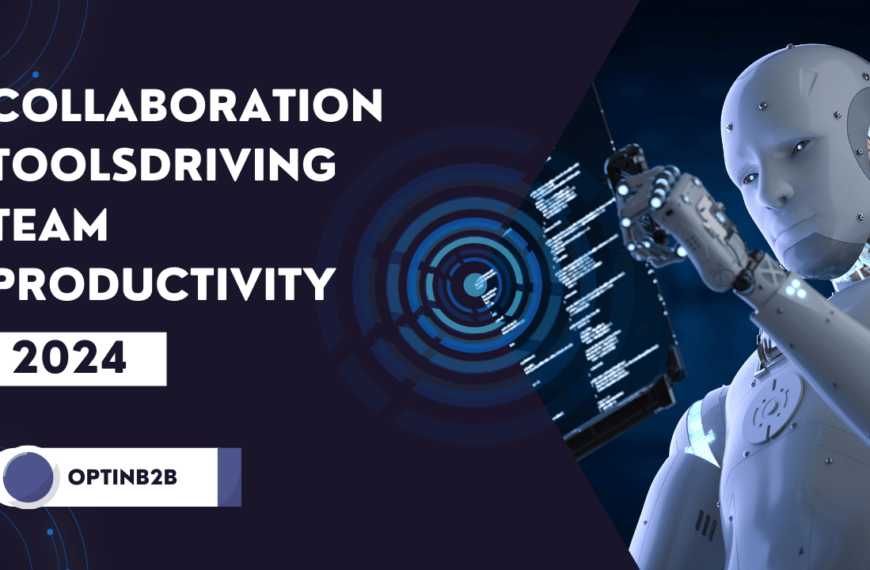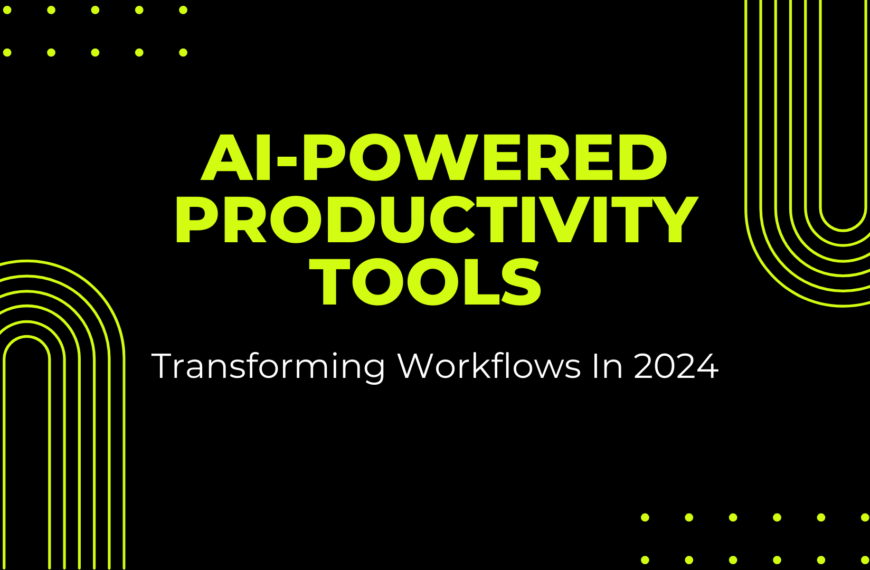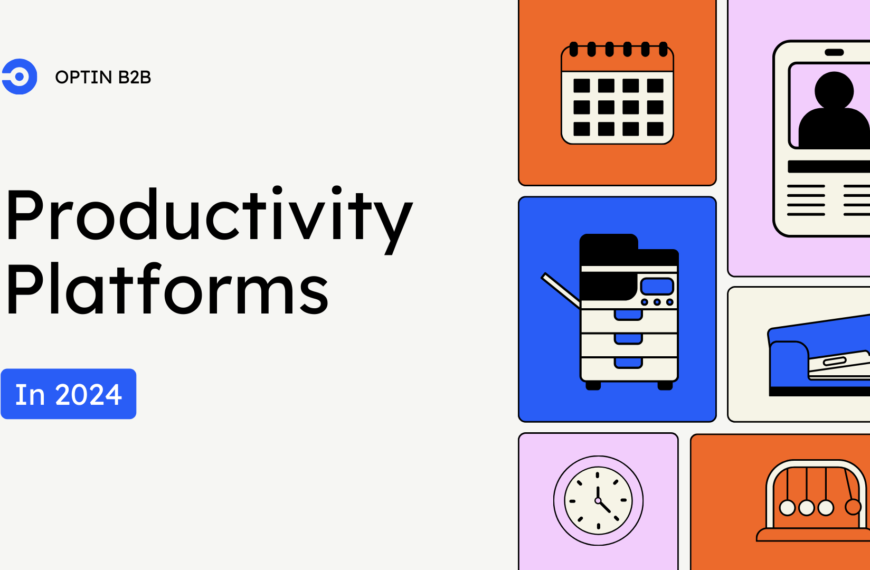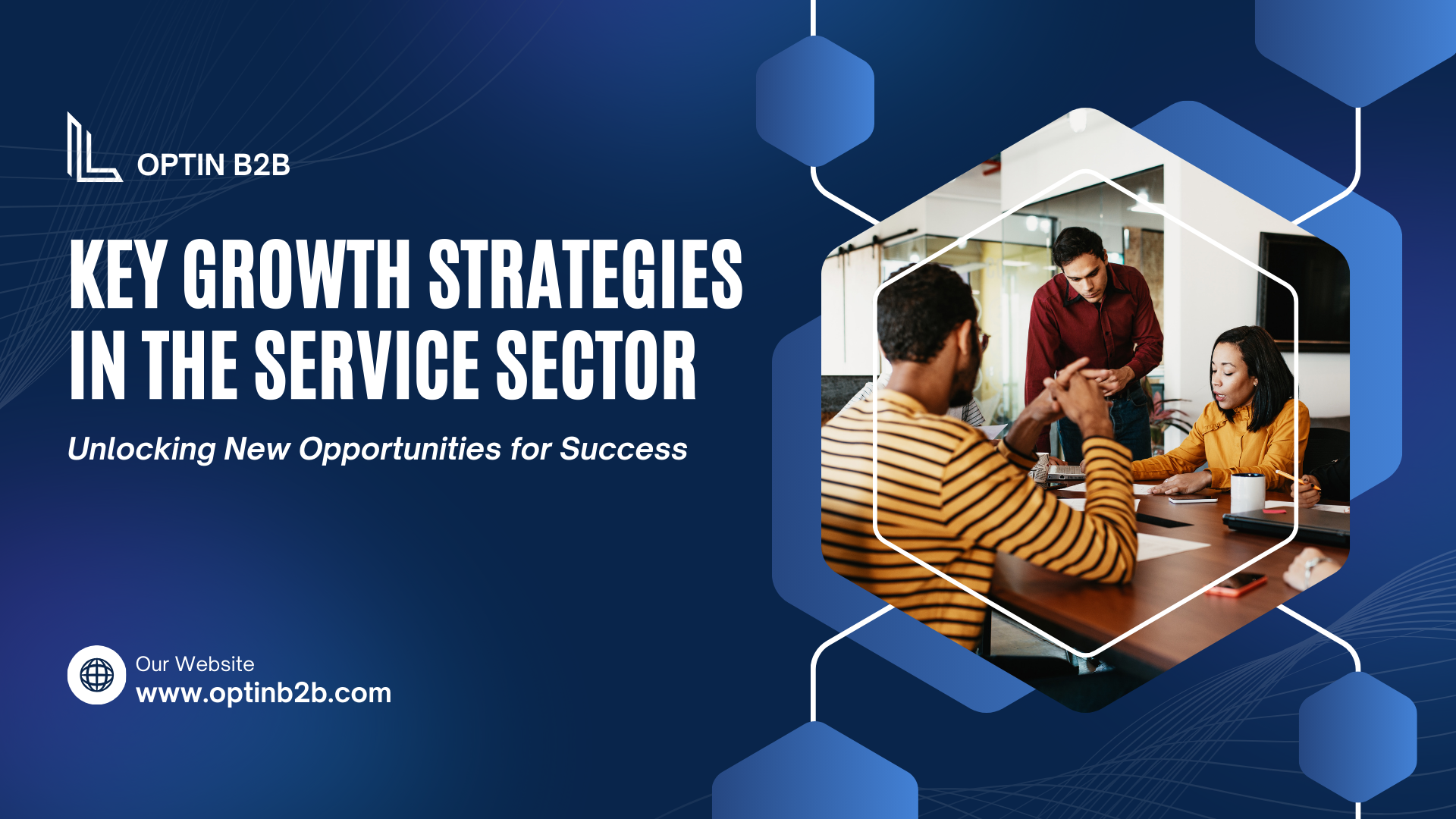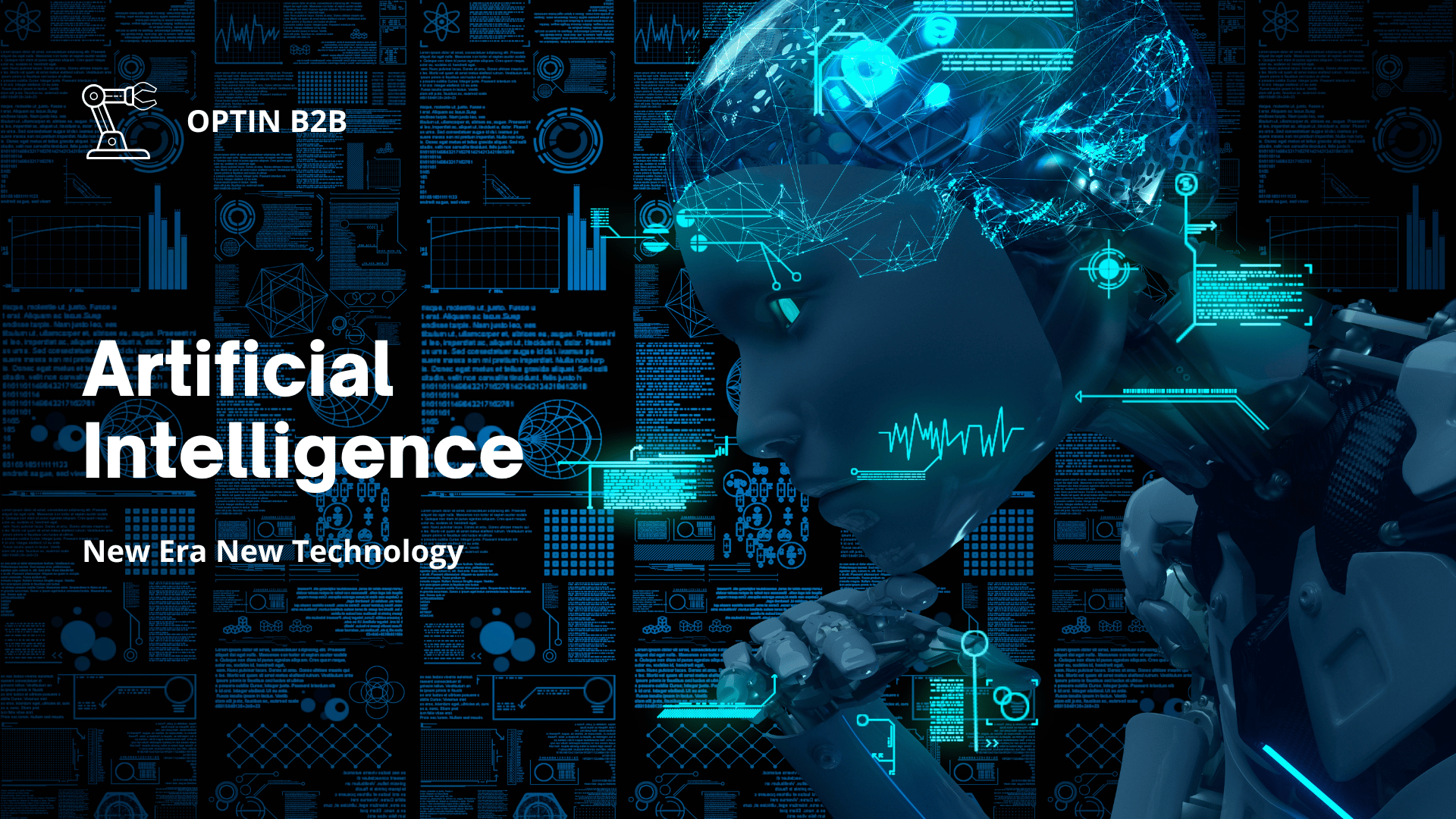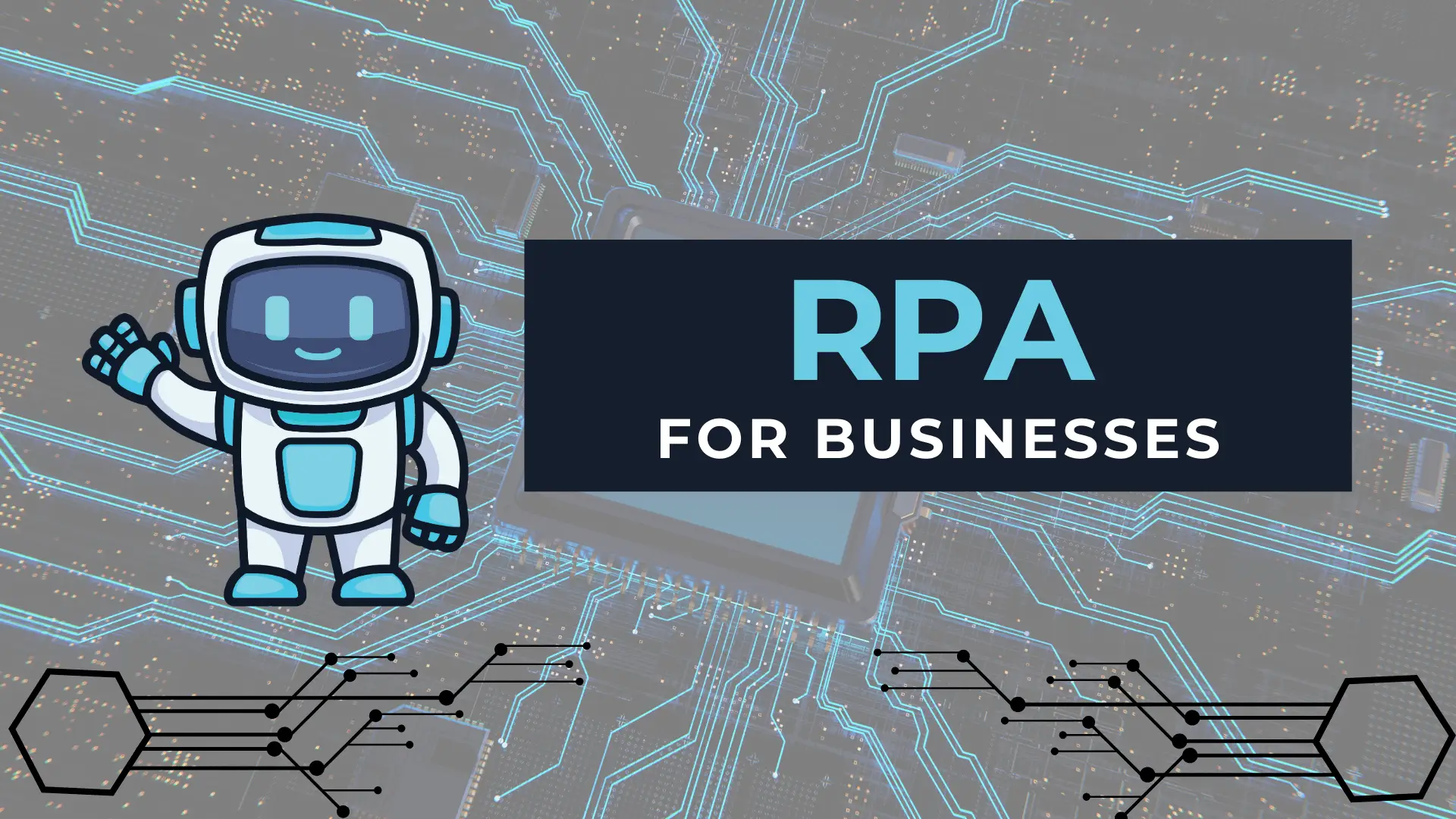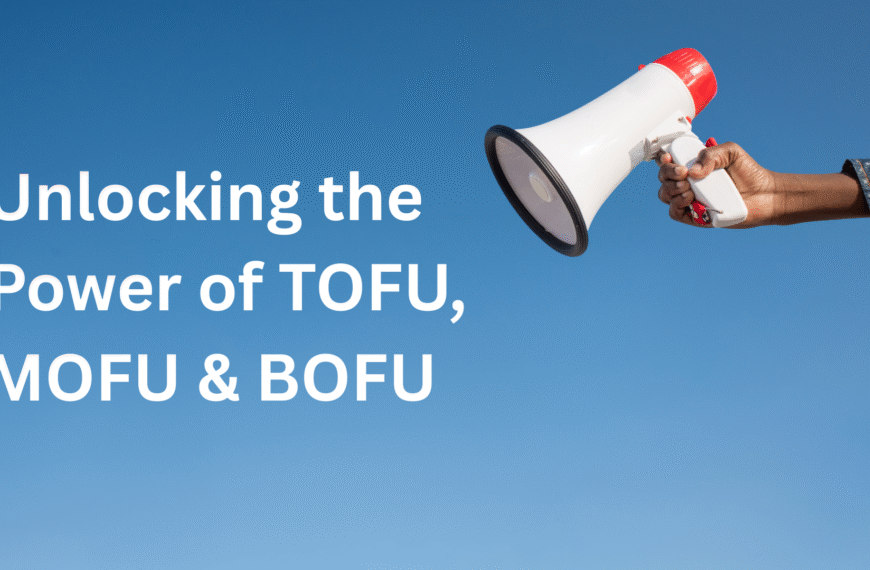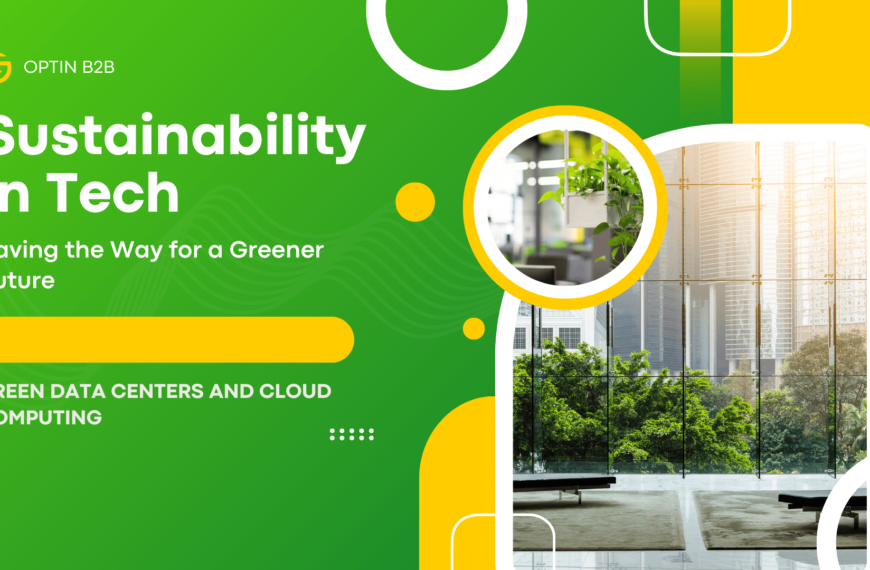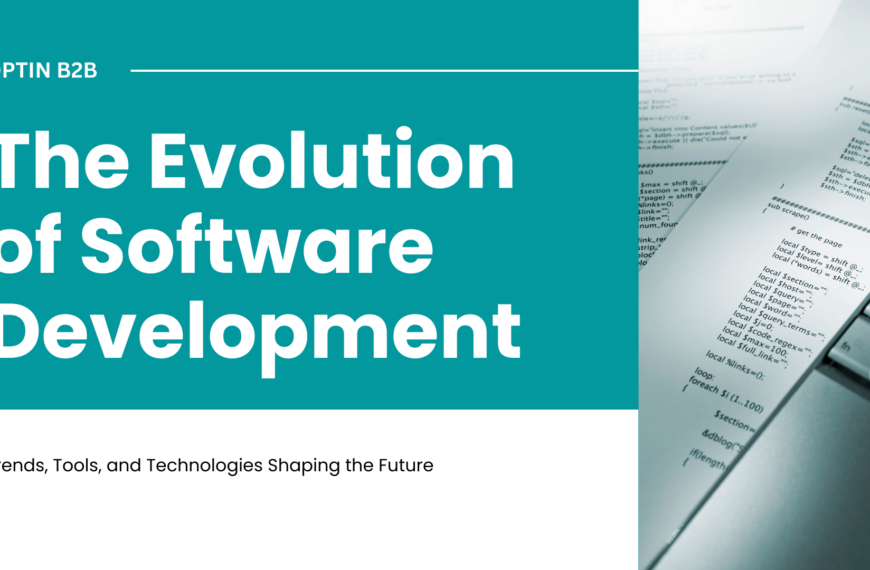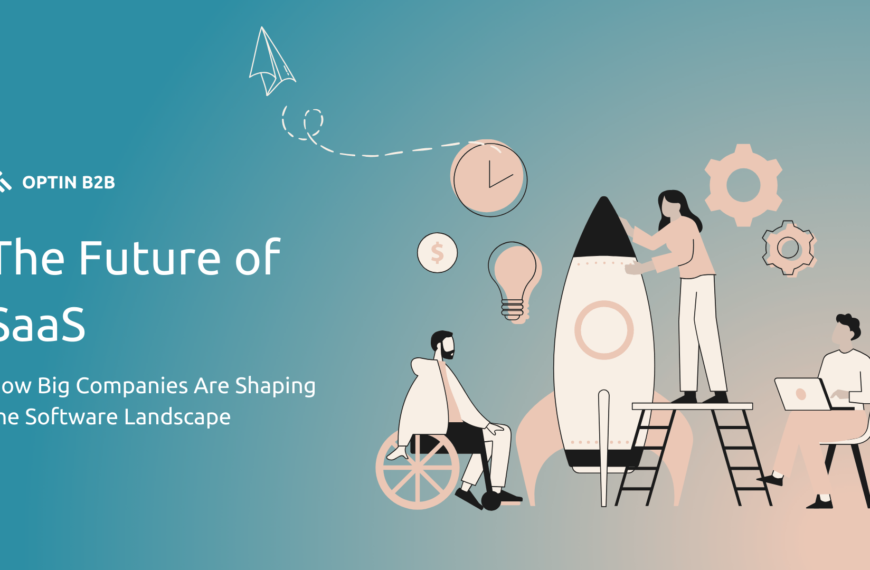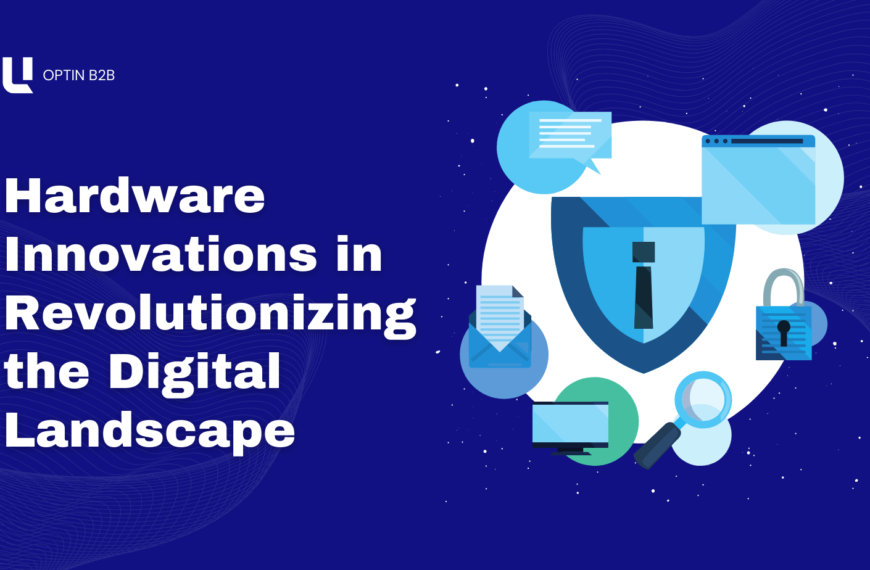As 2025 approaches, businesses are set to embrace transformative productivity trends driven by technological advancements and evolving workplace dynamics. One major trend is the rise of hyper-personalized productivity tools, where AI algorithms tailor workflows to individual employee preferences. Tools like Monday.com and Asana are expected to enhance user experience by delivering customized task priorities and deadline suggestions based on past performance.
Another key development is the integration of immersive technology, such as augmented and virtual reality (AR/VR). Companies like Meta and Microsoft are pioneering solutions that make remote collaboration more interactive, allowing teams to engage in virtual environments for brainstorming and training. This shift promises to make hybrid work models even more effective by mimicking in-office interactions.
The focus on mental health and well-being is also reshaping productivity strategies. Platforms like Calm for Business and Headspace for Work are gaining traction, integrating wellness programs directly into daily workflows. Employers are increasingly adopting tools that encourage regular breaks, mindfulness, and stress management to maintain employee performance.
Another game-changing trend is the incorporation of blockchain technology for enhanced project transparency and accountability. Tools leveraging blockchain ensure secure tracking of tasks, approvals, and milestones, reducing disputes and improving trust in collaborative efforts. This is particularly impactful for industries with complex supply chains or high compliance requirements.
Finally, data-driven decision-making is reaching new heights. Platforms like HubSpot and Zoho Analytics are expanding their capabilities, enabling businesses to extract actionable insights from operational data in real time. These trends are setting the stage for a productivity revolution, helping businesses streamline processes and achieve sustainable growth in 2025 and beyond.


